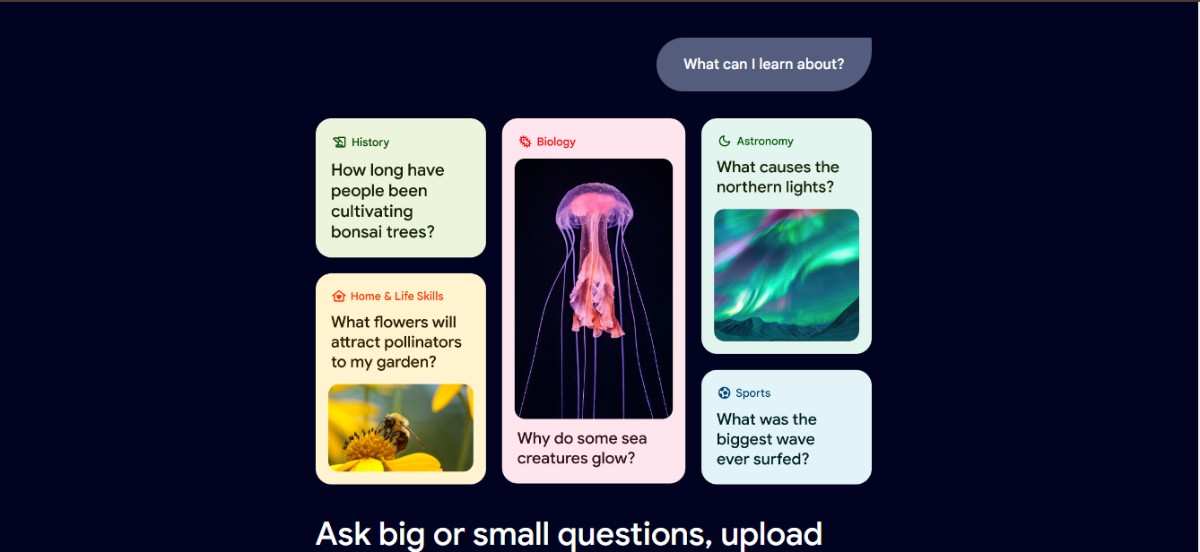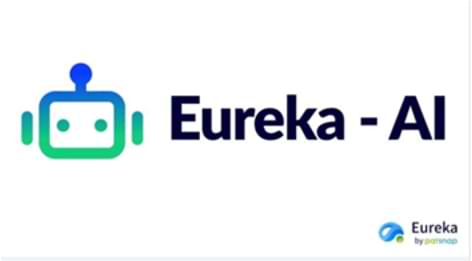Google Debuts "Learn About": An AI-Powered Educational Companion
By admin | Nov 12, 2024 | 2 min read

Google has introduced "Learn About," a new AI-driven learning companion that tailors support to users' individual educational goals. Powered by Google’s innovative LearnLM AI model, the chatbot is designed to assist users in exploring complex topics more interactively than traditional chatbots like ChatGPT or Gemini.
What sets Learn About apart is its visually engaging format, which organizes information into interactive lists, quizzes, and contextual boxes, making learning both informative and dynamic. Along with presenting definitions and key concepts, the tool suggests related articles and videos, giving users a richer understanding of each subject area.
An Education-Focused Companion
Learn About’s primary focus is educational research. In contrast to general AI chatbots that often draw from broad sources like Wikipedia, Learn About carefully selects information from trusted academic platforms. For example, when users inquired about the size of the universe, Learn About sourced its information from Physics Forums, an established academic site, rather than a general encyclopedia.
Currently, this AI tool is available on the web as an experimental feature but is restricted to select regions for now.
Gemini Live: Enhanced Document Understanding on the Horizon
Alongside Learn About, Google is also working on advanced document recognition capabilities for its Gemini Live platform. According to Android Authority, the latest beta of the Google app contains code that hints at allowing users to upload documents and receive context-aware answers from Gemini Live. This feature could make it easier to discuss and analyze uploaded files in real-time, enhancing users' interactive experience with documents.
With these tools in development, Google is clearly positioning itself at the forefront of educational AI. Both Learn About and Gemini Live offer a glimpse into the future of AI-powered learning tools that adapt to the needs of each user and make learning more accessible, interactive, and efficient.
Comments
Please log in to leave a comment.




No comments yet. Be the first to comment!